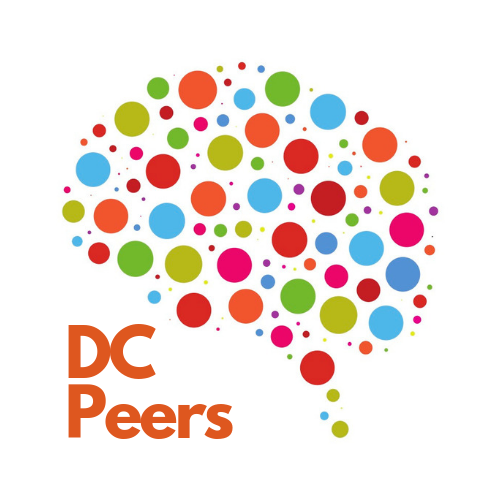Social Strategies Workshops
ON HIATUS UNTIL FALL 2024
These 8-week workshops offer information and strategies for engaging with the neurotypical social world in a way that feels comfortable. We begin with participants’ own goals, and build our lesson plans around them. A typical list of topics covered in an 8-week session might be:
Finding people with similar interests
Social anxiety vs. social awareness
“Reading the Room”
Risk and Rejection
Being Approachable
Types of Friends
Beginning, Sustaining, & Ending Conversations
What to Talk About
Our workshops use ideas, strategies and tips from a variety of sources and from autistic and neurodivergent authors and self-advocates. We are also continually checking with our autistic staff and teen and adult advisors about the value, appeal, and usefulness of we do.






